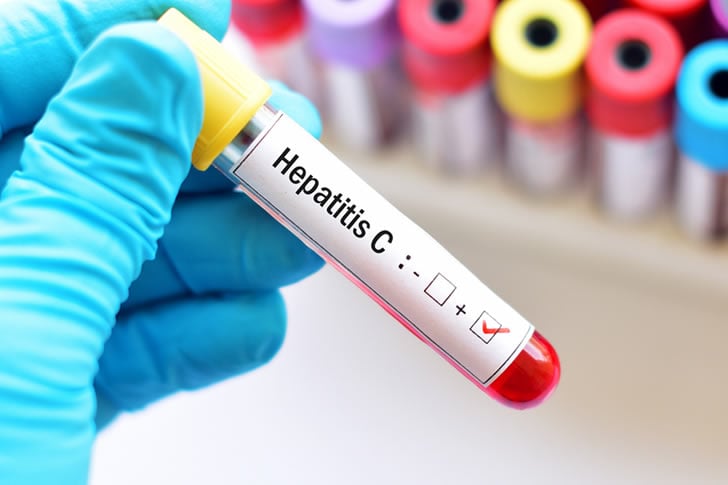Hepatitis C is a liver infection caused by the Hepatitis C virus (HCV). Timely diagnosis and treatment are key to managing the condition effectively.

Hepatitis C is a liver infection caused by the Hepatitis C virus (HCV). Timely diagnosis and treatment are key to managing the condition effectively.
Hepatitis C is a significant public health issue affecting millions worldwide. The virus is primarily spread through blood-to-blood contact, frequently through sharing needles or other equipment to inject drugs. However, it can also be contracted through unprotected sex, blood transfusions, or from mother to child during childbirth. Chronic Hepatitis C can lead to severe liver damage, cirrhosis, liver cancer, and liver failure if not treated adequately.
Many people with Hepatitis C may not display symptoms until much later in the infection. In fact, the virus is often dubbed the "silent disease" because it can reside in the body for years without manifesting noticeable symptoms. However, when symptoms do appear, they may include:
If you suspect you might have Hepatitis C due to potential exposure or symptoms mentioned above, it is essential to get tested. Early detection can significantly improve treatment outcomes.
If you are diagnosed with Hepatitis C, further tests will be necessary to determine the condition of your liver and the strain (genotype) of the virus:
The goal of treatment is to eradicate the virus from your body and prevent complications. Advances in medicine have made Hepatitis C highly treatable, often with fewer side effects and shorter durations than older therapies.
Your treatment plan will depend on several factors, including the genotype of the virus, presence of liver damage, and any other health conditions you may have.
While medication is crucial, lifestyle changes can also support liver health and improve your overall well-being.
Regular physical activity can boost your immune system and energy levels, improving your overall health. Aim for at least 30 minutes of moderate exercise very days of the week, but always consult your healthcare provider before starting a new exercise regimen.
Always talk to your healthcare provider before taking any new medications or supplements. Some over-the-counter drugs and herbal remedies can harm your liver.
Regular check-ups with your healthcare provider are necessary to monitor your liver function, the effectiveness of the treatment, and any side effects. Post-treatment monitoring will also ensure that the virus does not return.
Coping with a chronic illness can be challenging. Seek support from friends, family, or support groups to manage emotional stress. Mental health professionals can provide additional care if needed.
Awareness and understanding of Hepatitis C, from symptoms and diagnosis to treatment and lifestyle changes, can significantly impact health outcomes. If you suspect or have been diagnosed with Hepatitis C, consult your healthcare provider to devise an effective treatment and management plan. Early intervention is key to preventing complications and improving the quality of life.
Explore the Tranquil Bliss of Idyllic Rural Retreats

Ultimate Countdown: The 20 Very Legendary Gaming Consoles Ever!

Understanding Halpin and its Influence

Affordable Full Mouth Dental Implants Near You

Discovering Springdale Estates

Illinois Dentatrust: Comprehensive Overview

Embark on Effortless Adventures: Unveiling the Top in Adventures Made Easy Outdoor Equipment

Unveiling Ossur Valves: Innovation in Prosthetics

Unlock the Full Potential of Your RAM 1500: Master the Art of Efficient Towing!
